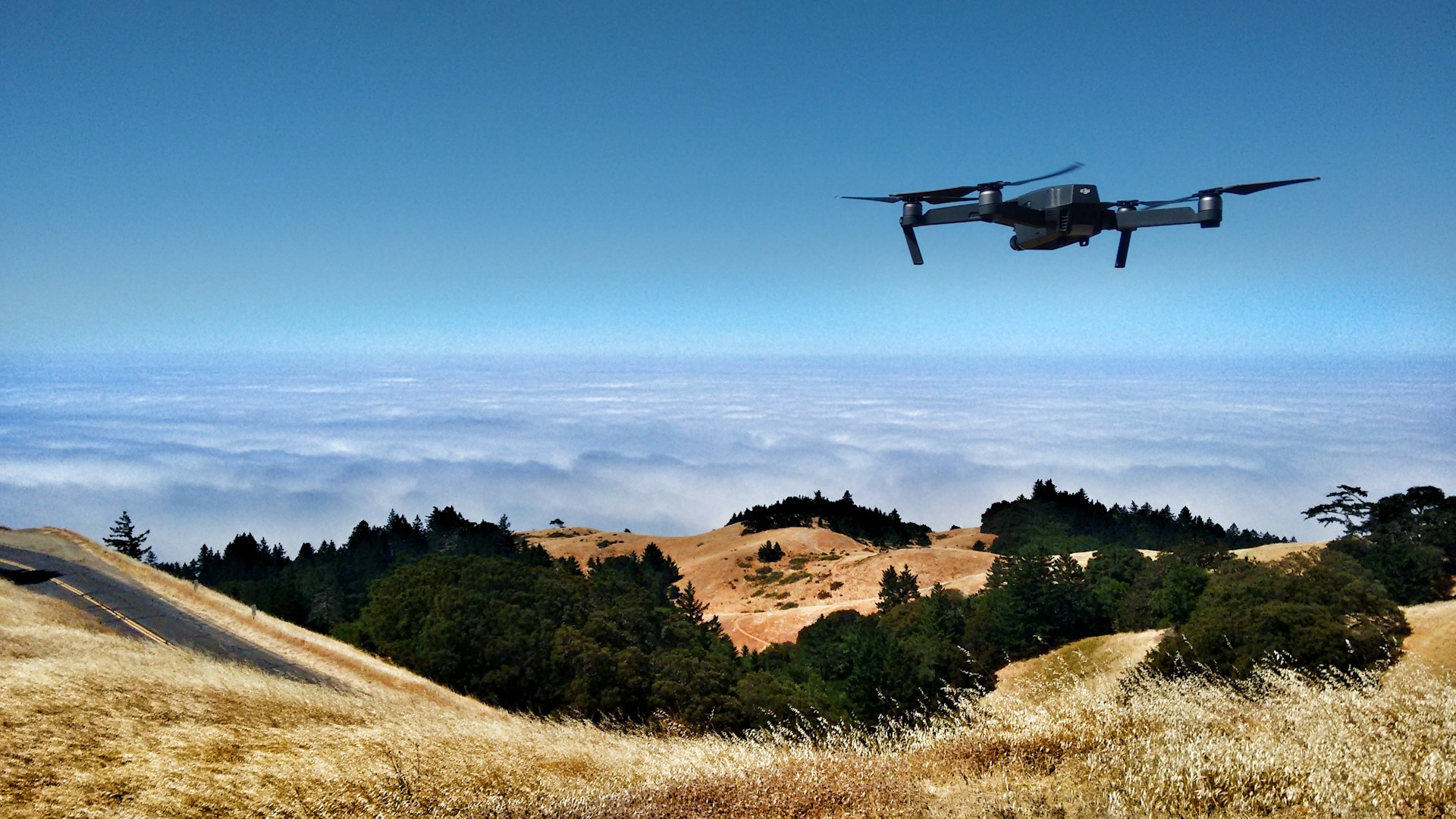
Do you love flying drones? Ever wished that you could turn your hobby into a lucrative career? You’re in luck as there is a huge demand for skilled drone pilots in the U.S., with drone technology now being used across a range of industries. As the unmanned vehicle market is projected to be worth $54.6 billion dollars by 2030, it is estimated that about 650,000 jobs could be created due to widespread drone adoption.
Knowing how to do impressive flight maneuvers isn’t enough to secure a drone piloting job though as you’ll need to be fully prepared to take on the challenges of the role. Later on, you may also be required to meet additional qualifications in compliance with evolving regulations. If you’re planning to work as a drone pilot, here’s a guide to land a fruitful career in the drone industry.
Choose an Industry that Aligns With Your Career Goals
The drone sector offers a wide range of job opportunities, so the first thing that you’ll need to do is choose an industry where you can make the most of your drone piloting skills. Think about your career goals when choosing an industry, but be sure to take into consideration your interests too so you can enjoy your work. For instance, if you love capturing images of architectural designs both from the ground and in the air, consider working for an architectural or real estate company as these businesses employ drone pilots to photograph buildings from high above. The pictures are typically used for awards submissions, marketing, publication, and presentation purposes. Aerial real estate photography, in particular, is slated to become more in demand as it has proven to be useful in boosting inquiries and sales. According to recent data, aerial photography of luxury real estate properties speeds sales by 68 percent, while professional photography alone makes sales faster by only 32 percent.
Apart from architecture and real estate, you may also want to consider working for the construction industry since companies hire drone pilots to do safety inspections, aerial site surveys, and construction progress monitoring. The security sector is also worth looking into since security agencies need expert drone pilots for event security, perimeter security, enhanced surveillance, and search and rescue operations, among others. Working in the agricultural industry can also be a good move as you’ll be tasked all throughout the year to map fields, monitor crops, or participate in pest control activities. If you’d rather work in a creative field though, think about working for film and media companies that require drone professionals to do aerial shots for movies, ads, or TV shows.
Education, Certifications, and Training
To obtain your drone pilot license, you’ll need to meet a few requirements from the Federal Aviation Administration. First, you’ll need to get an FAA Tracking Number, then take the knowledge exam, which covers topics such as airspace regulations, weather conditions, and emergency procedures. After passing the exam, you can apply for your remote pilot license, as well as a Part 107 certification so you can operate commercially. If you’re using your own drone for work, you’ll need to register your device with the FAA.
To increase your job prospects, think about taking courses in 3D mapping and photogrammetry, and attend FAA workshops or training to stay updated on drone compliance and regulations. While there are no specific college degree requirements for aspiring professional drone pilots, some industries may require you to have a background in certain areas in order to qualify for the job. For example, if you’re aiming for a drone pilot job in the construction industry, you may need to have prior knowledge or qualifications focused on safety or engineering.
Where to Find Work
Now that you have the training and certifications to work legally as a professional drone pilot, the next thing that you have to do is determine where to start your job search. Platforms like DroneDeploy can be a good primary resource for job listings, as well as online job boards like LinkedIn and Indeed since these portals often post drone pilot jobs. You may also want to attend trade shows and drone conventions so you’ll know the latest about the industry and meet potential employers at the same time.
If you’re thinking about moving to a certain area to jumpstart your career, focus your job search on states with high demands for drone pilots. California and New York are the perfect places for real estate, commercial, and media drone jobs. To work in the construction, energy, or agricultural sectors, look for jobs in Texas, Florida, or California. Pilots stationed in these areas usually earn more since there are numerous opportunities that require drone expertise in these states.
The demand for drone pilots is slated to rise as more industries will use drone technology to enhance their operations and processes. Consider turning your drone hobby into a lucrative career, and enjoy job security for many years.
SEE ALSO: Studying to be a Doctor? Here’s What Your Career May Look Like











